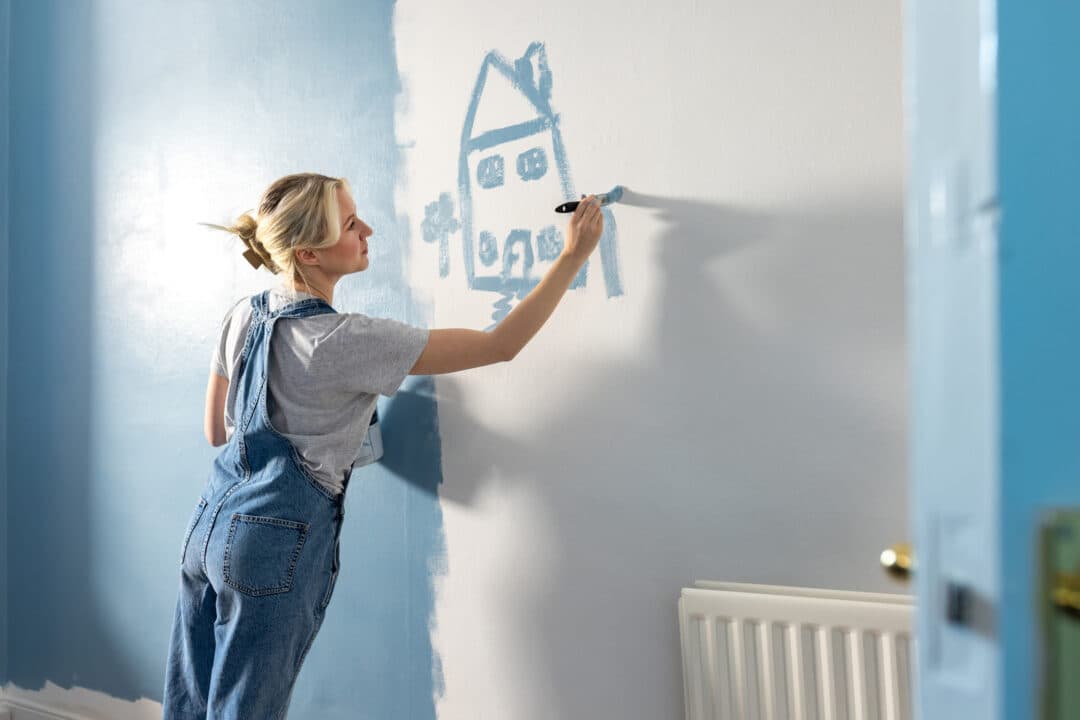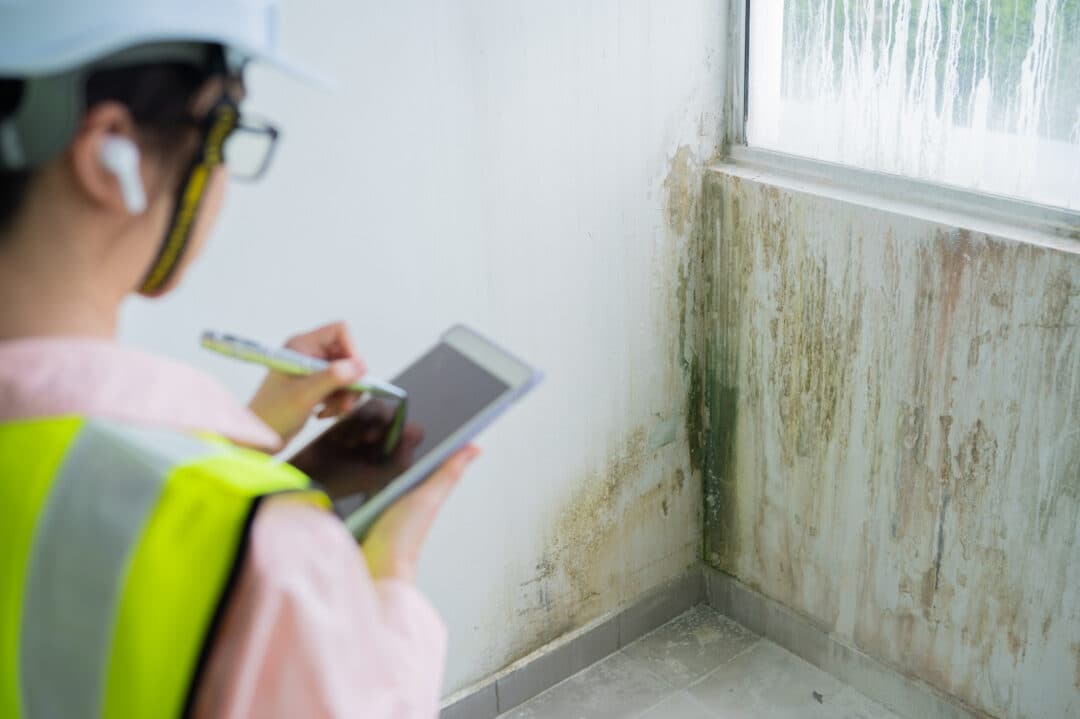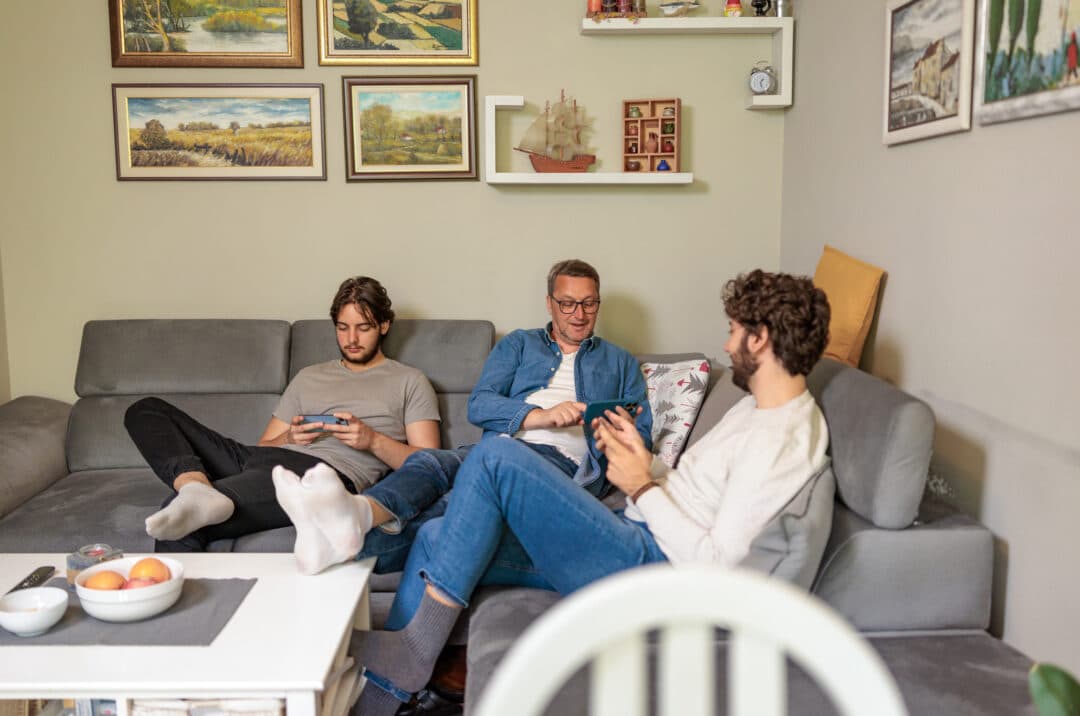How to Buy Your First Home in 2025/26: A Step-by-Step Guide

How to Buy Your First Home in 2025/26: A Step-by-Step Guide
If you needed any persuasion that now is a good time to buy your first property, Zoopla may have just provided it. In March, the portal declared first-time buyer mortgage repayments (£1,038 per month) were 20% lower than rent (£1,248 per month) across Great Britain.
Now ready to get your foot on the first rung of the property ladder? Here’s everything thing a first-timer buyer needs to know when purchasing a house in 2025/26
Keep money habits clean
It’s essential to get into good money habits and spring clean your finances before you start looking at properties. When it comes to a mortgage application, lenders scrutinize bank statements and credit reports looking for evidence that you can afford repayments.
You should start with the bank account where a mortgage repayment will come from: avoid using its overdraft facility, cancel unwanted direct debits and refrain from making big impulse purchases.
You should also check your credit score using ClearScore, Experian, Equifax or sites such as Credit Karma. If you see any inaccuracies that may damage your rating, start a dispute and back it up with evidence.
Deposit essentials
The maths is simple: the bigger the deposit, the smaller your debt. Additionally, first-time buyers with the biggest deposit will be offered the lowest rates of mortgage interest. You’ll need a deposit as cash as it’s payable to the seller when contracts are exchanged – it’s not a lump sum you can fund using a mortgage.
How much will you need?
That depends where you live. Data from UK Finance says the average first-time buyer deposit in England is £68,154. In Northern Ireland, it’s £39,034.50, while in Wales and Scotland, the figure is £34,475.91 and £30,786.97, respectively.
Building a fund
Saving for a deposit is often a first-time buyer’s biggest hurdle. The quickest way to amass such a sum is to make your money work hard. That could mean paying into an ISA with the highest interest rate or opening a LISA – a lifetime ISA that’s specifically designed for first-time buyers saving for a deposit.
A LISA can take the form of a cash or investment ISA. You can save £4,000 every tax year towards a deposit and receive a 25% bonus on whatever you add. There are restrictions, however. You must be between 18-39 years old and be a true first-time buyer to open a LISA. Additionally, you will pay a hefty penalty if you withdraw the money to use for anything other than a deposit, and you must have held the LISA for a year before accessing the savings.
An alternative is the Bank of Mum and Dad, with estate agent Savills claiming more than half of first-time buyers in 2024 received a cash boost from family to buy their first home. If you’re given money by parents or grandparents, it’s known as a ‘gifted deposit’. A lender will ask for a signed gifted deposit letter declaring the donor has no financial interest in the property being bought in order to accept the amount.
Save up for stamp duty
As well as saving for a deposit, there are other costs attached to buying your first home. Purchase prudently and you can avoid the most expensive – stamp duty. The rates changed on 1st April 2025, so ensure you’re using the most recent calculation. There’s no stamp duty to pay if the property costs less than £300,000 but buy a more expensive home and you’ll pay 5% tax on the portion from £300,001 to £500,000.
Budget for the best start
Don’t forget to budget for a survey, conveyancer fees, removal fees and the cost of a home insurance policy. Most mortgages also carry an arrangement fee, which Comparethemarket.com says is in the region of £1,000-£2,000. This can be added to your mortgage so you don’t have to find the money upfront but it will increase your overall debt.
Mortgage tricks & tips
Many lenders offer a range of mortgages specifically aimed at first-time buyers, allowing for a deposit as low as 5%. Use a mortgage broker and you may even find a 100% mortgage, although this type of home loan comes with some serious cons as well as pros, so take professional advice.
Timing matters
As well as ensuring your bank account is looking rosy and your credit score the best it can be, the timing of your application can make a difference. It’s wise to avoid applying for a mortgage when you are in a probationary period at work, as a lender may consider you a less secure prospect.
Altogether now: buying with others
You can ease the financial strain of buying your first home by working with others to pool resources. Some options to consider include:
A family mortgage: when a family member or friend transfers money into a special account or pledges equity from their own home, which provides security against the first-time buyers’ mortgage. The buyer may not need a deposit when using a family mortgage and if cash was deposited, the donor should get their money back at the end of a fixed period – usually with interest.
Guarantor mortgage: when a family member or friend legally guarantees to cover the mortgage repayments if the borrower is unable to. This gives the lender assurance there will be no defaults.
You can also boost your deposit amount and spending power by purchasing with other people. A joint mortgage allows for up to four separate purchasers – and their wage – to be included and it’s also possible to add four different names to the deed. If this sounds appealing, ensure you pursue a ‘tenants in common’ ownership structure with a solicitor so everyone’s share is fairly (and legally) represented.
Little by little with shared ownership
With house prices continuing to rise (the Office for National Statistics reported property values in England increased 5.3% in the year to February 2025), getting on the housing ladder can be a challenge.
Shared ownership makes it kinder on the wallet to become a homeowner. The premise is simple: you buy a share of a property – typically between 10% and 75% – and pay rent to a housing association on the rest. The smaller the share of the property you buy, the smaller the deposit and mortgage you need.
Shared ownership allows you to increase how much of the property you own by buying further shares as and when you can afford to – something known as ‘staircasing’. Eventually staircasing should allow you to own the home outright.
New for less
If you’re a first-time buyer in England, you may be able to access the Government’s First Home scheme. You’ll need to earn less than £80,000 a year (or £90,000 in London) to access a discount between 30% and 50% off the market value of a select property.
Now for the small print. The home must not cost more than £250,000 (or £420,000 in London) and it must be a new build offered by a housebuilder taking part in the First Home scheme (or be a resale previously bought using First Start).
If you are buying your first home and can’t get to a viewing as quickly as you’d like, send a Viewber instead. Our ‘view on our behalf’ service sees a local Viewber visit any property in the UK and report on its current condition. They can take photographs or videos and even conduct a livestream walk-around, if required. Contact us to register your details.



